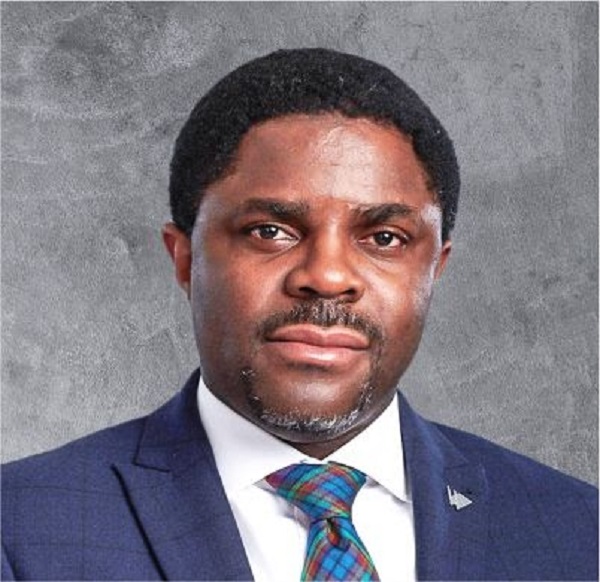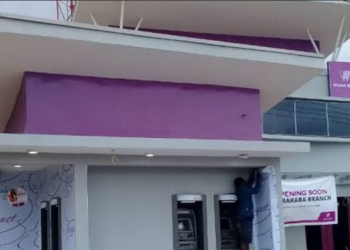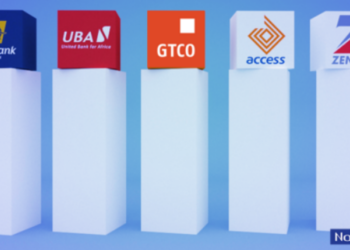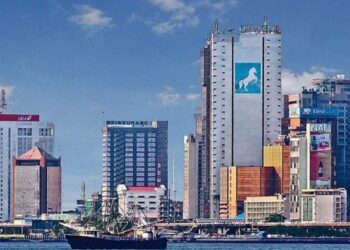Very often, when people look for advice on how to become financially independent, they get it from people who have little to no context on where they are in life. Despite the internet being replete with content aimed at helping you figure out your finances, these resources are written by people from other countries with different economic climates and who have different financial systems.
For example, in some countries, their foundation for financial independence is knowing how best to manage your money by living on a budget, tracking your spending, and being frugal. Not that this does not apply in all countries; it does. However, it is not always the foundation for financial independence. Advice like this is best applied in countries with robust economies and mature credit systems where access to loans is much easier.
While in emerging economies, the foundation for financial independence is knowing how to grow with what you already have. Therefore, for individuals living in such economies, the core of their financial independence journey is based on expanding their earning capacity by consistently saving and investing wisely and then managing their money. There’s a popular saying: “One cannot save what they don’t have.” This describes Nigeria very well.
According to data from the World Bank, Nigeria’s Gross National Income (GNI) per capita is N700,978. GNI per capita is the measure of a country’s annual income divided by its population size. It is also an excellent way to measure the general standard of living of the average citizen. As of 2019, when these figures were recorded, Nigeria ranked in the lower-middle-income group. So, asking someone to “live frugally” or “manage what they have” does not do them much good when talking about financial independence. Instead, it is more important to show them how to grow what they have.
Data shows that the population of Nigeria has grown exponentially, with young Nigerians making up the largest share of the national population (42.5%). This demographic makeup has affected job competition, which has increased because of the growing numbers of young Nigerians exploring businesses and other creative career paths. It also has a significant effect on Nigeria’s current poverty line, highlighting that, sadly, about 40% of the entire population lives below the country’s poverty line of 137,430 naira ($381.75) per year.
At ALAT, Nigeria’s first fully digital bank which caters to over 500,000 customers; we understand that the first step to growing what you have and moving closer to financial independence is financial literacy. What you know about money and wealth matters. We understand the struggles, the work it takes to earn your income, and that we are all diversifying to make ends meet. We also know that for you to be financially independent, you need more than just a pep talk.
You need a partner that is as dedicated to your growth as you are. You cannot get better at the things you know nothing about. That’s a simple law of life. So, if you want to get better at making money and growing your wealth, invest more in financial literacy. We go through school learning many things, how to read and how to write, but not how to handle money. This reality is sad, making financial literacy even more critical for Nigeria’s teeming youth population.
Sound financial education will teach you things such as how money is not wealth in itself. Instead, it is a tool for building wealth and attaining independence. The more money you make, the more you can save and invest. Sound education will also teach you cannot achieve financial freedom passively. It has to be a goal that you focus intensely on. It does not just happen. As a digital bank, we are constantly investing in educating people about money, and I recommend you seek other materials as well. Read books about money, watch videos, listen to podcasts and radio shows.
Beyond the education, however, you need actual banking solutions, which we proudly provide. For example, we recently reviewed our interest rates upwards for savings, domiciliary, and foreign exchange accounts. In addition, we introduced a savings challenge to help our customers save more and take advantage of these new interest rates. We also have a weekly savings chart where you can cross off amounts of money you’ve saved and a personalized saving stash on the ALAT app where you can set realistic goals for yourself.
Additionally, we have made it easier for our customers to access various loans: personal loans, business loans, payday loans, and device loans, all without visiting any physical banking locations. Instead, everything happens on their smartphones and at their convenience.
Another essential piece of the puzzle is ownership. Again, this is within the context of business. To become genuinely free financially, you need to own a piece of a company that has the potential for immense growth. Sometimes, you are the founder, in other instances, a co-founder, an investor, or an early employee with stock options. Whichever category you fall under, owning a piece of a growing business is an incredible recipe for independence, even though ownership comes with great responsibility.
One of ALAT’s core offerings is the option to open a business account on your phone. This feature helps separate your personal finances from your business finances, no matter how nascent or mature that business is. Operating a business account keeps you in check and sets you on course for independence. It also makes you look more professional and prepares you for future growth.
The journey to financial independence is long. It takes tenacity and dedication. But it is possible. I am proof, and I know you can be, too.
Tunde Mabawonku is Chief Financial & Strategy Officer, Wema Bank



















lovely write up
The write up is okay
Excellent and insightful. Just at the right time for me.
Lovely write up
excellent view.